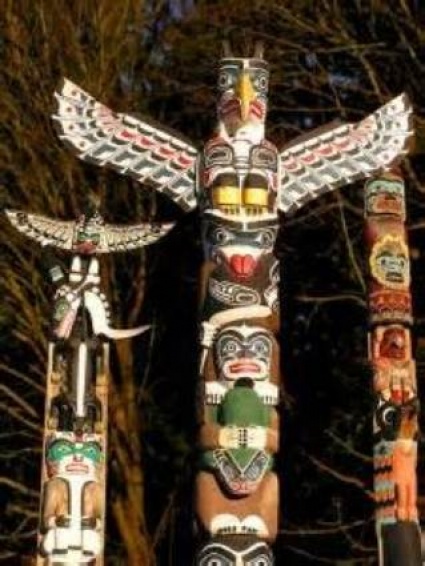September 29, 2014
Canada needs new attitude toward Aboriginals

In order to move forward in improving relations between Aboriginal peoples and Canadian society, we must act with "small agreements and accomplishments to build confidence." There have been many years of friction and oppression, explained Prof. Jim Miller, but at the beginning the relationship was quite positive.
Miller is a University of Saskatchewan history professor emeritus, and he was speaking at a Federation for the Humanities and Social Sciences lecture on Parliament Hill on September 18.
Back in the era of the fur trade, traders and Aboriginals established a solid relationship.
The traders needed the beaver pelts of the Indians in the making of beaver hats that were all the rage at the time. They used the soft inner pelts as the inner part of the hats, but that part of the pelt has sharp spines in it. However, when the Indians wore their garments to the point that they were seen as worn out, the spines were worn down, leaving the soft part. It was that part that was valuable to the traders. They paid the Natives for their detritus.
Because of the culture of the Aboriginals involved in the fur trade, an intimate ceremonial relationship needed to take place.
The traders were initiated into their families. In the early part of the 18th Century, First Nations and newcomers negotiated friendship treaties that were recorded on wampum belts, renewing the relationship.
All that changed after 1820, with the arrival of British farmers. The farms and villages of the newcomers interfered with the hunting-and-gathering economy of First Nations. Soon, they were overwhelmed by the number of new arrivals, who, as Miller pointed out, took it upon themselves “to control, coerce, and change” the Natives. A system of passes and permits was introduced.
There was, he said, the policy of “the Bible and the plow,” the plow curtailing the native economy and the Bible serving to undermine native culture.
The relationship moved from partnership to tutelage, as spelled out in the Indian Act o 1876 and in the residential school system that began in the 1880’s and lasted into the late 20th Century.
Aside from the tales of physical and sexual abuse, Miller cited poor clothing, inadequate diet and health care, and poor quality of education. In the schools, Native practices were denigrated, undermining the children’s identity without replacing it with anything else.
From 1986 to 1998, the churches involved in running the schools issued apologies for their role, and former students began to sue for compensation for the treatment that they had received.
To deal with the growing number of such suits, the Canadian government worked out a settlement agreement with lawyers for survivors, churches, the Assembly of First Nations, other Aboriginal organizations, and the government itself, with implementation beginning in 2007.
- However, Miller charges that the government has not lived up to the spirit of that apology.
The recent Supreme Court decision in the case of the Tsilqot’in First Nation, recognizing their Aboriginal title to land in British Columbia, is consistent, said Miller, with earlier rulings on Aboriginal land claims. Their claim is possible because that Nation never signed a treaty abandoning claims.
He said that the differences between treaty First Nations and those who have no treaty has been a source of conflict among First Nations. While, after years and decades of negotiations without any settlement, the legal adjudication route may be advantageous to those with no treaty, those with treaties in which they ceded territory may still go to court for other reasons.
In his book Compact, Contract, Covenant, Miller notes ways in which Aboriginals were tricked and cheated in the treaty process and treaty implementation, and in which commitments which were made were not kept, so courts can still play a role for those with treaties.
Miller explains that the predicament of Aboriginals began when Canadian society stopped seeing them as valuable partners and no longer needed them.
“We need to get back to forging a relationship of mutual respect and support,” he said. In fact, he argues, that kind of relationship is needed now if Canada is to move ahead economically with resource development. He mentioned in particular oil and the mineral-rich Ring of Fire in Northern Ontario.
How do we move to a renewed relationship? As noted, he sees the way as being the working out of small agreements and mutual confidence and trust. On land claim negotiations, he thinks that government negotiators need to be given a more robust mandate.
Unfortunately, the Harper government is acting instead to create distrust.
Dr. Cindy Blackstock, Executive Director of the First Nations Child and Family Caring Society, initiated a complaint against the government before the Canadian Human Rights Commission, charging that Canada is underfunding on-reserve child welfare services.
Rather than owning up and improving its performance, the Harper government is conducting a personal vendetta against her. It has barred her from meetings between First Nations representatives and staff from Aboriginal Affairs and Northern Development Canada. And the Privacy Commissioner has found the government guilty of invading her privacy by spying on her.








